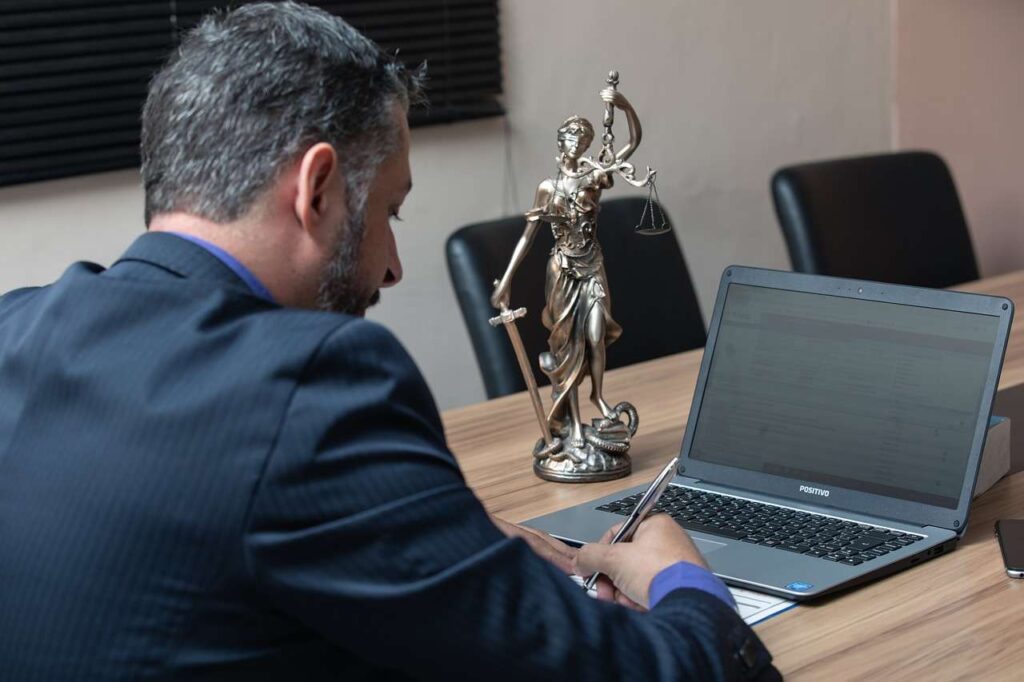
PR EDA : 572-335-4994

If you need legal advice, ask for recommendations from friends and family first. They might know of someone with expertise in handling cases similar to your own.
Ask your attorney what their success rate has been with cases like yours; while they cannot guarantee an exact outcome, they should at least give an idea of what may transpire.
Legal information resources are widely available online and some are free; it is still important to create a research plan so as to quickly locate what information you require and save both time and effort in doing so. Creating such an outline makes finding information simpler while saving both your energy and time.
Commercial databases offer access to primary legal materials, such as older state and federal cases, statutes and regulations, court dockets, public records and historical/legislative history materials. Some databases even provide staff-added editorial analysis.
These databases tend to be more advanced than free legal databases and designed specifically for lawyers’ research needs. With advanced search tools and access to legal and nonlegal journals databases, these services may even offer free training sessions or provide continuing legal education credits (CLE credits).
Thomson Reuters Reference Attorney department provides professional legal research assistance and education services via telephone, live chat and email to customers. Their team includes bar-admitted attorneys who are experts on Thomson Reuters Westlaw products, features and services.
When applying for jobs in the legal field, it’s crucial that you understand how best to handle references. A great way to avoid potential stumbling blocks when providing references is using those with clear business relationships to your prospective employers; this will make it simpler to maintain confidentiality.
Westlaw quickly established itself as the go-to legal research and support platform over four decades since its debut. Available 24/7 for lawyers to use whenever needed, it was made accessible 24-7 by Thomson Reuters until recently when this service was abruptly discontinued, prompting many customers to become disgruntled with them.
If you need legal help, speaking to a lawyer referral counselor by phone is an effective and free way to discuss them. These counsellors will ask about the details of your situation and give a list of attorneys available to assist as well as information on other resources like community services or treatment programs that might also be of use.
Certified attorney referral services are offered by various associations, law firms and legal aid programs. You can easily recognize them with their State Bar certification marks or numbers in all advertising. Their goal is to assist individuals who cannot afford private legal advice; to make the most of these services make sure to follow up on referrals using referral management software, EHR downloads or manual tracking of client outcomes.
Personal references, sometimes referred to as character references, differ considerably from professional ones. A personal referent should primarily know you from outside your workplace environment – for instance, as your sixth-grade teacher or pastor might do; they could even include former neighbors or coworkers with whom you had additional connections in other capacities such as serving on civic committees.
Referencing can come in the form of friends or acquaintances; family may not always be suitable as references. Choose someone who knows you well enough to attest to your character and personality, whether via email or face-to-face meeting, including them with your rental application or submitted directly by landlords for tenants.
Social media provides attorneys with a powerful way to establish themselves as experts in their fields and gain new clients, but it’s essential they remain aware of ethical obligations related to advertising on social media platforms such as LinkedIn or Facebook. According to American Bar Association rules, lawyers cannot share any information that could lead the public to believe they’re licensed in jurisdictions where they don’t actually exist.
Social media should also not be used to offer legal advice during natural disasters or acts of terrorism, which create an extremely stressful and terrifying time for potential victims – thus decreasing the likelihood they’ll hire an attorney. Furthermore, posting content during such times could come across as money-making or seeming cynical to potential clients and diminish your firm’s credibility over time.